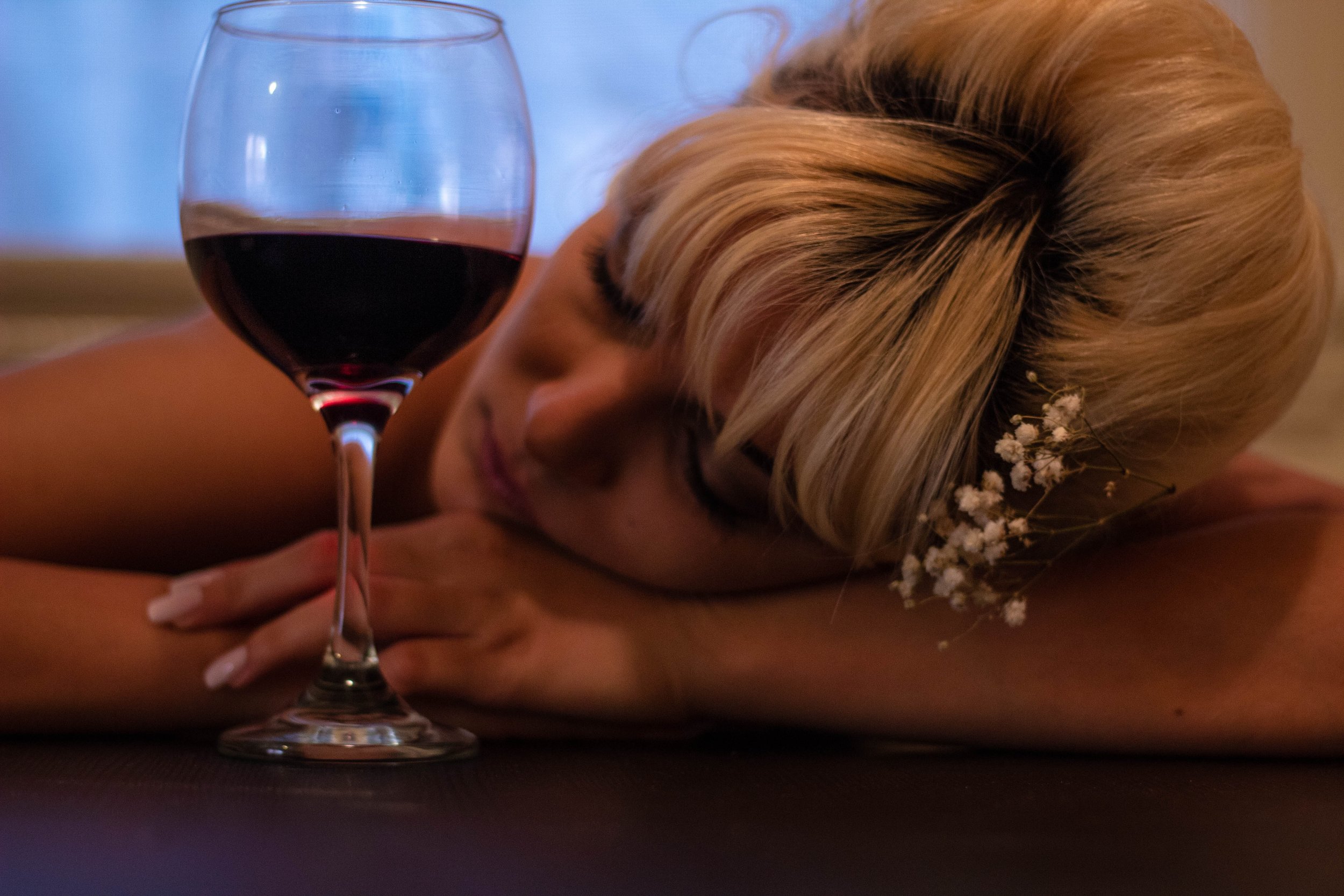One of the most common questions we see people worrying about it “am I an alcoholic?” We’ve written previously (search through our past blog posts) about the standard tests one can take to show that you have a drinking problem. They diagnose alcohol abuse or alcohol dependence (used to be considered two things; now it’s just considered one: “alcohol abuse disorder” in varying degrees).
But what are the less scientific, higher level signs that you can look for as someone who’s concerned about your own drinking?
Here are some of the key signs that you might have a drinking problem, alcohol abuse disorder, or alcoholism:
You rely on booze for _____. When you believe drinking is doing something for you, and even worse, when you think drinking alcohol is the ONLY way to get that thing, it becomes very difficult to stop drinking alcohol. You are in a place where you depend on booze, which you definitely don’t need, for something else that you actually do need, like happiness, relaxation, stress relief, fun, etc.
You don’t typically drink just 1-3 drinks in a night: you are in it to get hammered. If you are binge drinking on the regular, you are much more likely to develop an addiction. Also, drinking that much suggests that you have developed a taste for being drunk, not just for being tipsy. That means it’ll be that much harder for you to moderate your drinking, rather than just quit.
Your friends have a nickname for drunk you. This is highly correlated to the previous sign, but a little harder to fudge. If your friends say they love “Drunk Leslie,” you might have a drinking problem. Why? Because that means you are drunk enough, often enough, that it was worth putting a label on it. That means those same people have seen you drunk FREQUENTLY. That’s not normal.
You get worried you may not have enough booze. This is a thought pattern that is hard to conceive of if you don’t have a problem, but very common if you do. When you go to dinner parties, or actual parties, do you worry that you won’t have enough to drink? Do you bring more booze than is required, just in case? If so, you are in a state where you feel as though you need alcohol, or else the evening won’t be worth your while, and you might not be able to enjoy it. That’s not right. You’re supposed to be able to enjoy evenings with friends completely sober. After all, they’re your friends, right?
The thought of life without drinking is horrifying. This is highly correlated to the previous one. If someone suggests quitting drinking, and the thought is enough to make you cry (or want to), then alcohol has become too important in your life. After all, would you feel the same way about having to quit eating sugary foods? Maybe you’d feel sad - but not as though your life was over. It’s time to quit - at least temporarily - and see if your fears are founded or not (hint: they’re not).
If you’re ready to quit or cut back on drinking, download the new version of Drinker’s Helper today!



